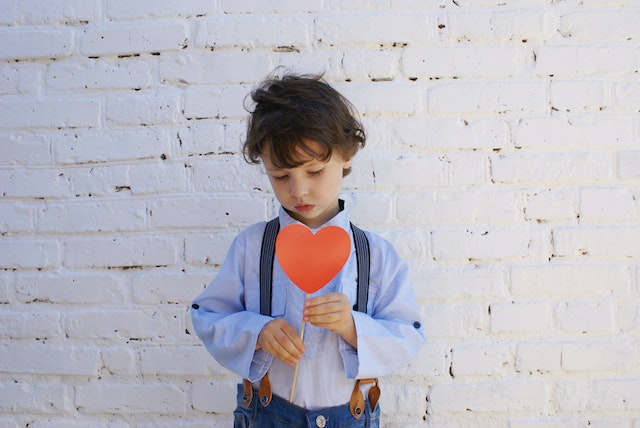Understanding their child’s emotions and feelings can be daunting for most parents. A sad face could mean a bad day at school or a deeper underlying mental health concern. While parents do not have to worry or overthink every single habit or reaction, they need to constantly scout for any signs of deteriorating mental health in their kids.
According to a study by Monica Di Luca, early diagnosis and intervention are keys to recovery from mental illnesses. Therefore, the longer your kid’s mental health issues remain hidden or untreated, the harder it gets to treat them. So if you spot any sign of concern, it is better to start acting on them sooner than later.
While the symptoms of mental health issues occur on a spectrum, some emotions and behaviors might indicate underlying concerns. Here are the most common red flags that your kid’s mental health is deteriorating.

Signs Showing Your Kid’s Mental Health Is Suffering
1. Extreme And Sudden Mood Swings
If your child showcases personality shifts that are way out of their normal behavior or character, it could signify deteriorating mental health. If you see your child exhibiting sudden aggression, uncontrollable rage, meltdowns, social detachment from friends, etc., schedule an appointment with a healthcare professional as soon as possible.
2. More Stomach aches Or Headaches
Younger children often complain about headaches, nausea, fatigue, or stomach aches. If these complaints get constant, consult a pediatrician to look for any physical health concerns. Once that part is ruled out, consult a mental health professional. Sometimes, younger children, especially those who do not have developed language, find talking about physical concerns easier than emotional problems.
Additionally, some mental health issues, like anxiety, tend to have physical symptoms like headaches, nausea, etc. Mental and physical health is interlinked. Therefore sometimes physical signs might also indicate your kid’s mental health struggles.
3. Change In Appetite Or Sleep Schedule
Drastic changes in eating or sleeping habits are potent indicators of underlying mental health concerns in kids. Children who don’t get enough sleep or struggle with a lack of quality sleep might struggle with insomnia or other sleep disorders. Changes in sleep schedule can also affect your child’s daytime activities by causing a lack of concentration, poor memory, or agitated behavior.
Your child’s eating habits are extensively linked with their emotional thought patterns. Therefore changes in appetite, like eating too much or too little, are typical symptoms of kids’ mental health issues.
Read more: Teenagers And Their Mental Health-Related Issues
How can parents help?
The pandemic has drastically altered the life of children and snatched away the emotional support they received through friends, school, and social activities. During such times, as parents, you are your child’s support system, and there is a lot that you can do to support your kid’s mental health.
1. Validate their feelings
If your child confides in you about their fears or worries, do not shut them down. Instead, try to acknowledge their feelings. Rather than giving them generic assurances, practice listening to their problems and making them feel heard and validated.
Read more: 7 Free Resources For Building Confidence In Teens
2. Relax your expectations
The way the world works today is different from how it used to be back in your time. Your kids face different forms of struggles at every point in their life. Therefore, you need to relax your expectations and retrospect on your worldviews. Social media is already giving them a hard time about not having a perfect life. And in such times, the way you look at them matters the most.
3. Seek help
If you notice your child frequently showing signs of mental health issues, it is time to provide timely help. Reach out to a pediatrician or mental health professional to consult about your child’s situation.
Conclusion:
Parents often fail to understand the difference between routine childhood behaviors and signs of mental health issues in kids. We hope this list of red flags about kids’ mental health will help you navigate more efficiently. If you notice any signs of concern in your child, consult professional help immediately.
Getting professional help is now easier than ever with the advent of online therapy platforms. To learn more about the most affordable online therapy platforms, click here.
To continue learning about mental health regularly, subscribe to Your Mental Health Pal.

